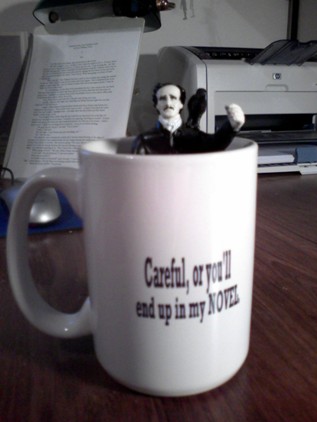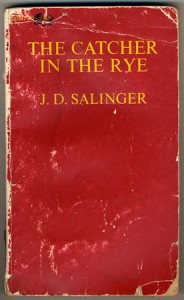Washington — In a little noticed provision in the new budget released by the White House, President Obama has proposed eliminating Republicans from both houses of Congress. Press secretary Robert Gibbs had this to say:
“The President believes that American families are tightening their belts, so the government should do the same. Eliminating Republicans will save millions in payroll expenses, not to mention their generous health care and pension benefits. It may not seem like much — and I’m sure Republicans will complain that it’s just a tiny fraction of the overall budget — but every lit bit does help.”
When pressed for details, Gibbs would only say that President Obama would be releasing a statement later in the day explaining his reasoning behind this decision.
Late Update: President Obama’s full statement is below.
–
The White House
Office of the Press Secretary
For Immediate Release – February 03, 2010
 By now most of you have heard about a provision in the new budget which proposes to eliminate Republicans from both houses of Congress. Since this has caused a little stir in our conflict-driven media, I wanted to set the record straight about what this provision will and won’t do.
By now most of you have heard about a provision in the new budget which proposes to eliminate Republicans from both houses of Congress. Since this has caused a little stir in our conflict-driven media, I wanted to set the record straight about what this provision will and won’t do.
It is true that this provision will eliminate all Republican persons in Congress, thereby saving American taxpayers millions in wasteful spending. However, we are not proposing eliminating Republican votes — which would be a violation of the very Constitution I’ve sworn to protect. We will be replacing Republicans with life-size cardboard cutouts that will be placed behind their desks in the Senate and the House, which to the casual viewer on CSPAN will look no different than the real flesh and blood Senator or Representative.
Since Republicans have consistently voted no on every piece of legislation since I took office — even those traditional areas of Republican concern like fiscal responsibility (GOP Senators voted 40-0 against reinstituting PAYGO procedures) — then it’s become apparent that we don’t need real Republicans to cast these votes. Instead, Congress will be hereby instructed to assume that all Republicans in either chamber will be voting no on all bills going forward.
As I said recently, I’m not an ideologue. I’m pragmatic. This provision will not by itself turn around our economy, but it’s one in a series steps that we are taking to return to an era of fiscal responsibility. When such a time occurs that we again see budget surpluses — last seen during the Clinton presidency — we will review this policy to see if the economy can sustain having physical GOP representatives again in Congress.
Sincerely,
President Barack Obama
P.S. To oversee this effort, I’ve created The Political Reinvestment in Real Ideas Commission , or what is now be calling PRRIC for short.



